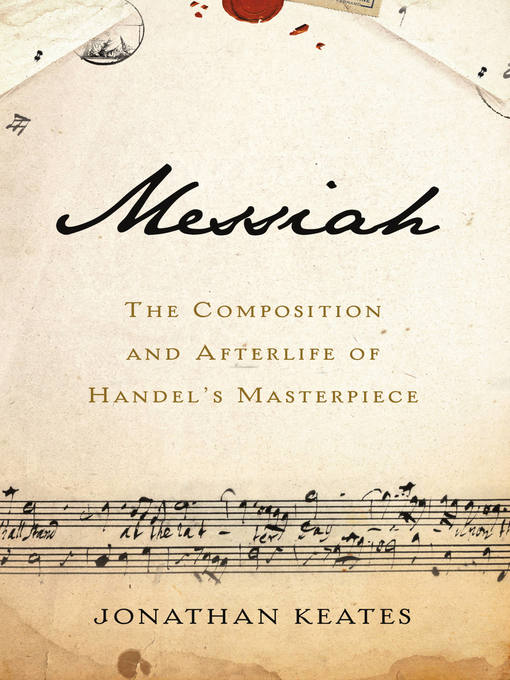
Messiah
The Composition and Afterlife of Handel's Masterpiece
کتاب های مرتبط
- اطلاعات
- نقد و بررسی
- دیدگاه کاربران
نقد و بررسی

August 21, 2017
Keates’s entertaining, fast-paced history of Messiah provides a glimpse into the dynamic character of the oratorio. Keates (Handel) reveals a restless George Frideric Handel (1685–1759) searching in the mid-18th century for new inspiration and new musical forms. His works for voice and orchestra, such as the adaptations of John Milton’s poetry in L’Allegro, il Penseroso ed il Moderato, demonstrated his mastery and inventiveness and broadened his audience beyond the operas for which he was already famous. Handel, according to Keates, single-handedly brought the English oratorio form into existence by featuring the chorus—not just individual soloists—as a key part of the musical drama. Messiah gains much of its power from the writing of librettist Charles Jennens, whose lyrics affirm the power of faith in God and Jesus as the savior of the world. Jensen’s libretto responds to the rationalism of the mid-18th century that was challenging this traditional understanding of the Christian faith. Handel wrote Messiah over three weeks in a burst of creativity in the fall of 1741, although he continued to revise the score over the next nine years. In the useful appendices, Keates includes the libretto of Messiah, as well as Jennens’s “scenic structure” for the oratorio. While Keates’s book lacks the detail of Michael Marissen’s Tainted Glory in Handel’s Messiah, it is nevertheless an illuminating, succinct introduction to Handel’s best-known work.

























دیدگاه کاربران